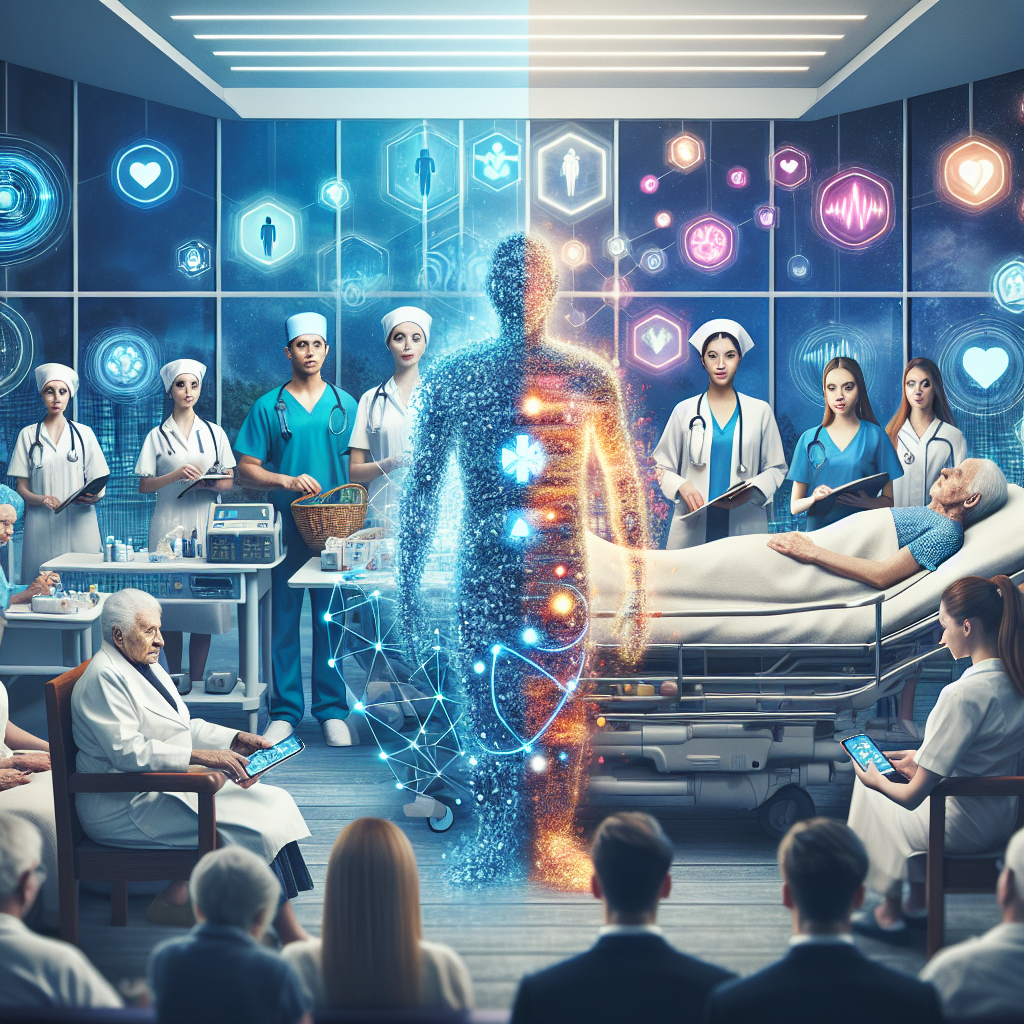The healthcare sector, often considered traditional, is undergoing a transformation due to advancements in technology, especially artificial intelligence (AI). These innovations are revolutionizing care delivery, enhancing patient outcomes, and optimizing operational efficiencies. This article will delve into some pioneering AI applications that are redefining the healthcare landscape.
The Emergence of AI in Healthcare
AI has emerged as a crucial partner in healthcare, enabling innovations that once seemed like science fiction. From predictive analytics to tailored medicine, AI applications are equipping healthcare providers and patients alike.
1. Diagnostic Support
AI-driven diagnostic tools are simplifying the diagnostic process, helping healthcare professionals detect diseases earlier and with enhanced accuracy. Tools like IBM Watson Health utilize deep learning algorithms to analyze medical data, offering insights that aid in diagnosing various conditions.
For example, AI has demonstrated impressive accuracy in interpreting medical imaging, such as X-rays and MRIs. Tools like Aidoc and Zebra Medical Vision deploy machine learning algorithms to spot abnormalities in imaging scans, enabling radiologists to prioritize cases needing urgent attention.
2. Tailored Treatment Plans
With the rise of personalized medicine, AI is leading this significant shift. By examining vast datasets, AI applications like Tempus and 23andMe can identify genetic markers and risk factors, creating treatment plans that are customized to an individual’s genetic profile.
This customization not only enhances patient outcomes but also minimizes the likelihood of adverse reactions to medications, resulting in more effective and efficient care.
3. Digital Health Assistants
AI-powered digital health assistants are transforming patient engagement. Applications like Ada Health and Buoy Health offer users symptom checkers and health advice tailored to their inputs. By assessing patient symptoms, these apps can direct users toward appropriate actions, whether it’s self-care, a doctor’s visit, or an emergency room evaluation.
Additionally, these virtual assistants can manage appointments, medication reminders, and general health queries, making healthcare increasingly accessible and convenient for patients.
4. Remote Patient Surveillance
The growth of telemedicine has been propelled by AI technologies, allowing healthcare providers to monitor patients from afar. AI applications like HealthTap and MySugr facilitate real-time data collection from patients and utilize analytics to track health metrics. This continuous observation enables timely interventions, lowering hospitalization rates and empowering patients to manage their health proactively.
5. Boosting Operational Efficiency
AI is also enhancing backend operations in healthcare organizations. By automating administrative duties such as scheduling, billing, and claims processing, AI solutions can significantly alleviate the workload on healthcare staff, allowing them to concentrate on patient care. Tools like Olive AI leverage machine learning to streamline administrative workflows, boosting efficiency and reducing costs.
6. Predictive Insights
AI-driven predictive analytics is increasingly utilized to anticipate patient outcomes and trends, enabling healthcare providers to allocate resources more effectively. By analyzing historical patient data, applications like Epic and Cerner can forecast trends such as hospital admissions or potential infectious disease outbreaks, allowing for proactive measures to be implemented.
7. Solutions for Mental Health
AI is also making a significant impact in mental health. Applications like Woebot and Wysa utilize natural language processing to engage users, providing support and coping mechanisms for individuals facing mental health challenges. These AI-driven chatbots are accessible 24/7, lowering barriers to access and delivering immediate assistance.
The Future of AI in Healthcare
As AI technology progresses, its integration into healthcare is expected to expand further. Challenges such as data privacy, regulatory approvals, and the necessity for ongoing human oversight are likely to remain. Nonetheless, the potential benefits—including improved patient outcomes, enhanced efficiency, and reduced costs—are propelling rapid adoption.
Conclusion
AI applications are undeniably reshaping the healthcare industry, creating a system that is more efficient, personalized, and accessible. As these technologies evolve, it is essential for healthcare providers to remain flexible and receptive to these innovations, ensuring that the future of healthcare is not only technology-driven but also focused on patients. The synergy between health and technology is more than just a trend; it is forging a path toward a healthier future.

